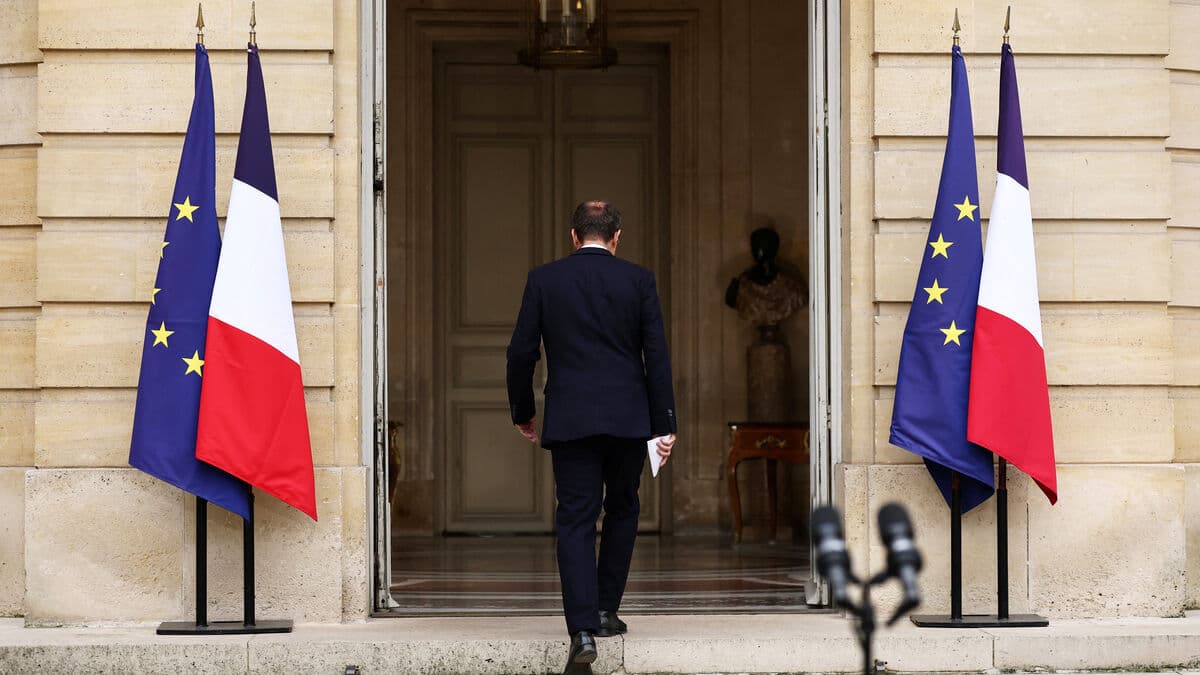Many years of budget deficits have caused France's national debt to grow to 113 percent of GDP. The country is now the third most indebted country in Europe. Only Greece and Italy have larger national debts.
At the same time, France's long-term interest rates are rising, and consequently, the cost of the country's loans. During Monday's sudden prime ministerial crisis, the interest rate on French ten-year bonds rose and exceeded those of Greece and Italy. The gap to the German interest rate, which is often used as a measure of risk, increased again.
It's a receipt for the concern that's out there, says Pia Fromlet.
Does not compromise
The market's confidence in France has fallen sharply since last year's elections. To regain confidence in the financial market, France's short-term prime ministers have tried to reduce the budget deficit, which has proven difficult to get through with only a minority in parliament.
There is no great willingness to compromise, the parties are going very much on their own line, says Fromlet.
She thinks it's too early to draw parallels to previous debt crises, such as the one in Greece in 2015. Although it may become a turbulent period, she believes that the country will find a solution.
The institutions are working relatively well, so that speaks in favor of France being able to get back on track again.
Europe's USA
Pia Fromlet emphasizes that France has gone with large budget deficits for many years without it leading to any major problems.
France is a bit like Europe's USA.
She says that the market has previously accepted the deficits as they have partly gone to growth-enhancing measures, but that several of the parties on the fringes have wanted to increase spending further without focusing on growth.
The problem is that now people are starting to worry about what these large deficits are due to.
At the same time as the view of the French economy has been shaken by the political turbulence, the euro has not been affected significantly.
My assessment is still that the market views this as an isolated France event. One does not see that this is a risk for the euro area as a whole, at least not yet.
On Wednesday evening, the outgoing French Prime Minister Sébastien Lecornu is expected to announce to President Emmanuel Macron whether he has managed to resolve the political crisis. If he fails, it may mean another election.






